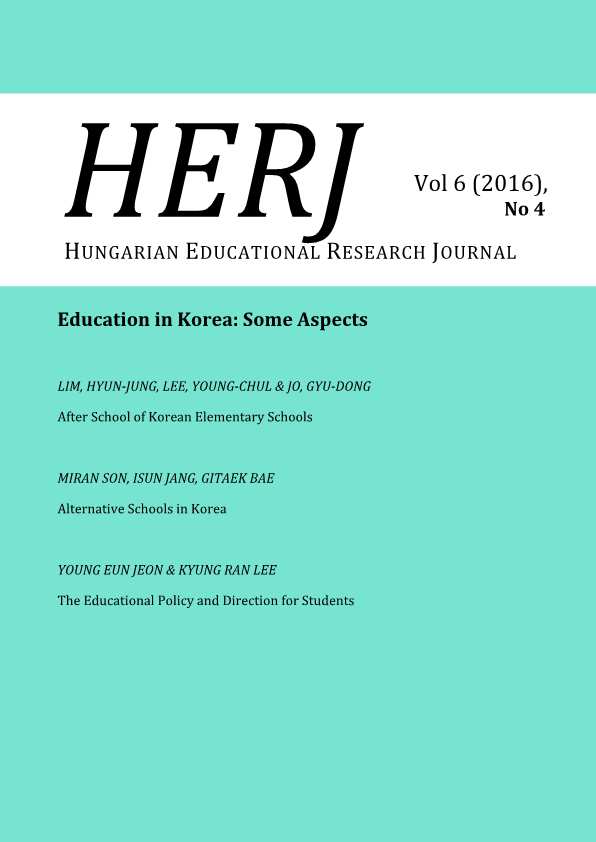Direction and Tasks of Educational Policy for Students of Multicultural Families in Korea
Direction and Tasks of Educational Policy for Students of Multicultural Families in Korea
Author(s): Young Eun Jeon, Kyung Ran LeeSubject(s): Higher Education
Published by: Hungarian Educational Research Association (HERA)
Keywords: multicultural education; multicultural students; multicultural education policy; multiculturalism society
Summary/Abstract: This paper is a study on how to improve the government's educational support policy for multicultural students in Korea. In recent years, the proportion of people with diverse backgrounds has been increased due to the expansion of international human exchange and international marriage. Since 2006, the government has been promoting diverse educational support policies targeting multicultural families for smooth social adaptation. It is time to look at the changes in the multicultural education policy over the past 10 years and to think about the future direction based on this. Therefore, in this paper, the current status of children of multicultural families in Korea and the changes in education policy for each year were examined, and the measures to improve was found. As a result, first, multicultural students were suffering from poor learning, bullying and emotional shock due to lack of language skills, discrimination and prejudice, and economic difficulties. Also, there was a possibility of becoming a new marginalized class due to poor educational environment. Second, in the early stage of Korea's multicultural education policy, the assimilationism education policy aimed at a few multicultural families has changed into multiculturalism education policy that multicultural students and parents of multicultural families have self-respect for their culture and respect mutual culture as the main members of the society. Korea is now just starting to take a step towards multiculturalism. Therefore, it is necessary to set and practice social goals and educational goals through serious reflection considering Korea's actual situation, culture, and history.
Journal: HERJ Hungarian Educational Research Journal
- Issue Year: 6/2016
- Issue No: 4
- Page Range: 35-60
- Page Count: 26
- Language: English

